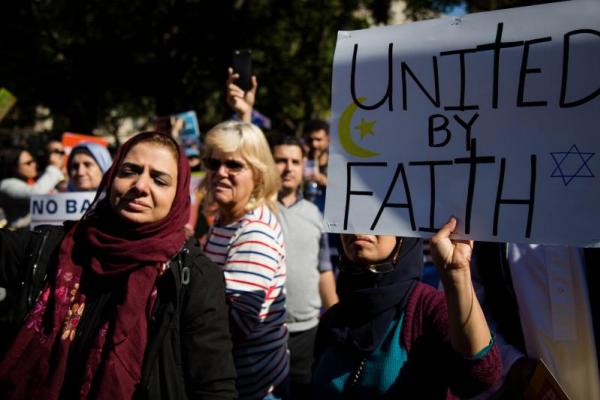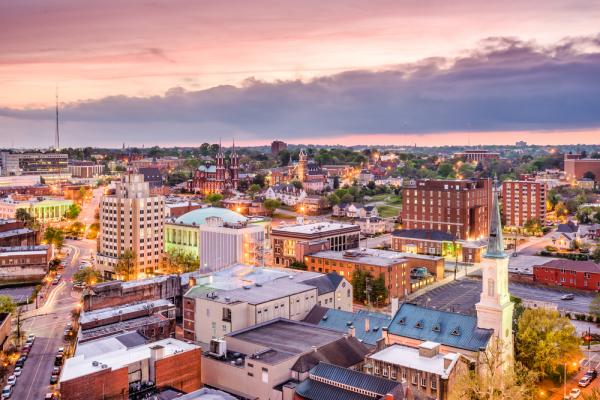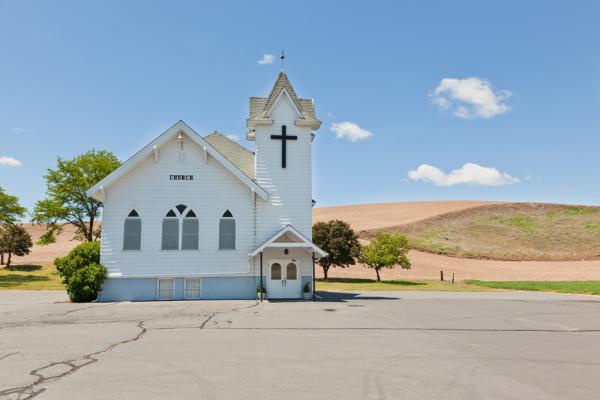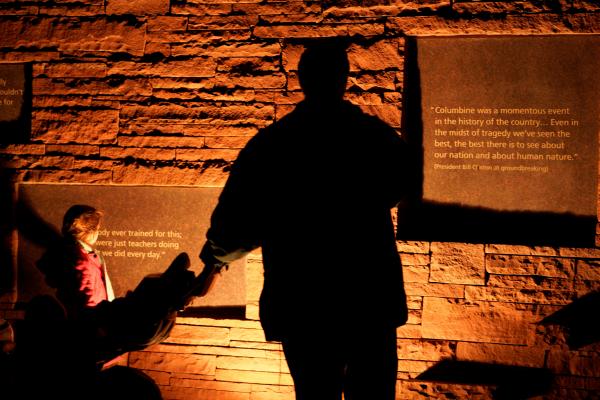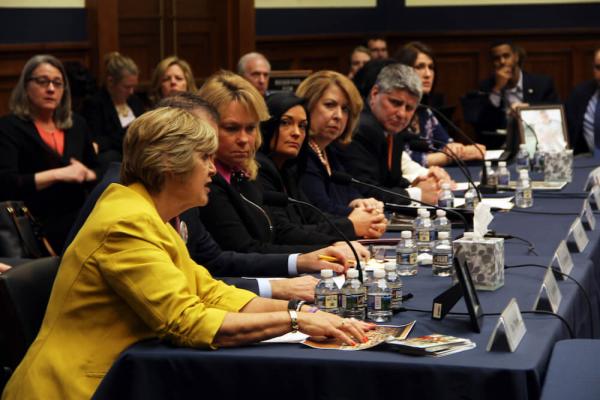A coalition of faith leaders took to the steps of the Interior Department April 19 to ask Secretary Ryan Zinke to curb methane leaks at natural gas drilling sites. Notably, the group included a representative from the evangelical community.
On April 25, the Supreme Court will hear arguments in Hawaii v. Trump, the case that will decide whether President Trump’s latest Muslim ban — which bans nationals from Muslim-majority countries, indefinitely — violates our country’s treasured belief in religious freedom. If maintained by the Supreme Court, this ban would communicate to our Muslim, immigrant, and refugee neighbors that our doors are permanently closed to them. This is not only shameful — it’s fundamentally wrong.
What began with a panel of organizers and activists presenting on the realities of inequality in our city turned into a community conversation led by people directly affected by pressing issues like the lack of affordable housing and low wages. The forum created the occasion for people to speak prophetically, just as it created the occasion for members of the church to hear them, to repent, and to leave changed. All of this happened because the church opened its doors to people from the outside without fear of the fact that they came with serious questions about capitalism.
In the past 50 years, the country has made great strides toward equity. But racism is still embedded in every aspect of American culture, from the churches we occupy to the environmental issues shaping our planet. People of faith can tackle these problems by working outside the lines that keep churches racially segregated. One way forward is through collaborating with other church communities on joint environmental projects.
This year Dr. Cone received the 2018 Grawemeyer Award for Religion from Louisville Presbyterian Seminary for the The Cross and the Lynching Tree which “passionately conjoins the provocative images of the first century cross and the twentieth-century lynching tree.” As he writes, “Both are symbols of the death of the innocent, mob hysteria, humiliation, and terror. They both also reveal a thirst for life that refuses to let the worst determine our final meaning and demonstrate that God can transform ugliness into beauty, into God’s liberating presence.” His theological memoir, Said I Wasn’t Gonna Tell Nobody, will be published this October by Orbis.
"You’re talking about state violence against communities. You have to speak up and take a stand about that. There’s not a nice way to just play in the middle."
1. ‘We Are Heavily Armed. —the Pastors’: The Root of the Christian Right’s Embrace of Guns
“I’m reminded that at the root of much of the Christian Right’s antipathy to gun control is a sense of fear — a sense that they are the final guardians of God’s will for America, that they are being overrun by something they see as from the devil.”
2. A Short Timeline of Starbucks’ Fraught History with Race
The unwarranted arrest of two black men — who were prepping for a meeting — inside a Philadelphia Starbucks is just the latest incident in the chain’s history.
Thousands of students across the United States will mark the 19th anniversary of the massacre at Columbine High School by walking out of classes on Friday, in a show of unity intended to put pressure on politicians to enact tighter gun restrictions.
Brian Mendell committed suicide at age 25 because he was ashamed of his opioid addiction, despite not having used drugs in more than a year, his father told a House subcommittee Thursday as he demanded that Congress pass laws to fight the epidemic. Mendell is one of the hundreds of Americans who die every day as result of substance abuse.

